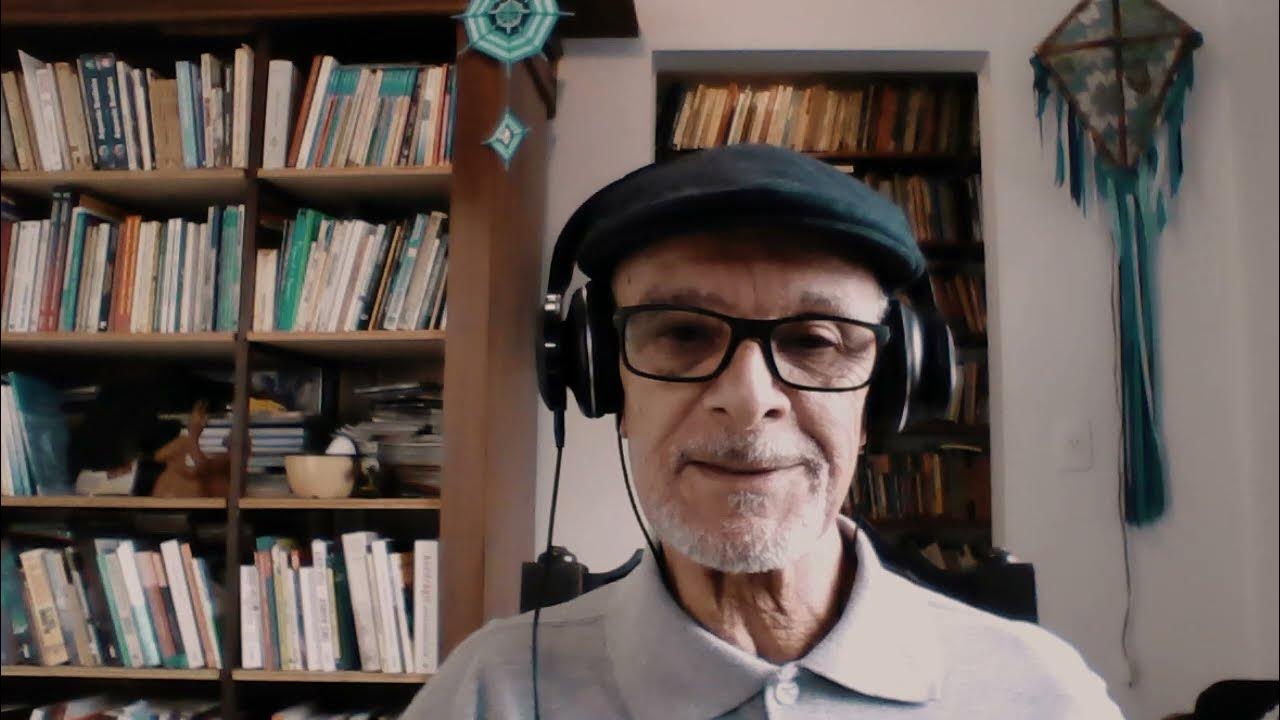Why Is It Important to Explore? | National Geographic
Summary
TLDRThe script emphasizes the innate human desire for exploration, viewing it as a vital part of living a fulfilled life. It posits that curiosity and the pursuit of knowledge drive us to discover new things, grow, and keep life exciting. Exploration is not just about physical journeys but also about understanding ourselves and the world better. This process of learning and caring about our surroundings fosters a deeper engagement with the world and our fellow humans, ultimately inspiring action with love and compassion.
Takeaways
- 🧐 Curiosity is a fundamental part of human nature, driving us to explore and learn more about the world.
- 🌏 Exploration is a way of life that keeps life exciting by seeking out new experiences and knowledge.
- 🏔️ The desire to explore leads people to venture into the most extreme environments, such as the highest mountains and deepest crevices.
- 🤔 The pursuit of exploration is about asking questions and seeking answers to understand 'why' and 'how' things are.
- 🚀 Without exploration, there would be no progress, as it is the process of discovery that propels society forward.
- 🌌 Exploring the unknown helps us to better understand ourselves and the world around us, despite our initial perceptions.
- 💡 By learning about what's out there, we develop a greater sense of care and connection to the world and its inhabitants.
- 🌱 Exploration fosters personal growth and engagement with the world, encouraging us to act with love and compassion.
- 🔬 The script suggests that true understanding of our surroundings and ourselves is elusive without continuous exploration.
- 🌐 Exploration is depicted as a unifying force that brings the human family closer together through shared experiences and discoveries.
- 🎵 The transcript is punctuated by music, suggesting an emotional or motivational aspect to the concept of exploration.
Q & A
What does the speaker believe is essential for a fulfilling life?
-The speaker believes that pursuing questions and engaging in exploration is essential for a fulfilling life, as it is part of human nature to be curious and to want to learn more about the world.
Why does the speaker think exploration is a fundamental part of human nature?
-The speaker views exploration as a fundamental part of human nature because it drives curiosity, learning, and growth, which are key aspects of human experience and development.
How does the speaker describe the relationship between exploration and personal growth?
-The speaker describes the relationship between exploration and personal growth as one where exploration leads to finding new things, growth, and excitement, which in turn keeps life interesting and fulfilling.
What does the speaker suggest is the outcome of not pursuing exploration?
-The speaker suggests that without exploration, there would be no progress, and life would be considered 'unlived' because it lacks the curiosity and engagement that come from seeking new experiences and knowledge.
Why does the speaker mention the highest mountain and the deepest crevices?
-The speaker mentions the highest mountain and the deepest crevices as examples of the extremes that humans are driven to explore, showcasing the depth of human curiosity and the pursuit of knowledge.
What does the speaker imply about the human understanding of the world and ourselves?
-The speaker implies that human understanding of the world and ourselves is limited and incomplete, suggesting that there is always more to learn and discover.
How does knowing what's out there affect our engagement with the world, according to the speaker?
-According to the speaker, knowing what's out there increases our care for the world, leading to more full engagement with our surroundings and our human family.
What role does exploration play in the speaker's view of human progress?
-In the speaker's view, exploration is crucial for human progress because it drives the desire to learn, understand, and innovate, which are essential for societal advancement.
Why is exploration important for engaging more fully with our world, as per the speaker?
-Exploration is important for engaging more fully with our world because it fosters a sense of curiosity and care, which in turn leads to more meaningful interactions and a deeper connection with the world and humanity.
What does the speaker suggest is the ultimate goal of exploration?
-The speaker suggests that the ultimate goal of exploration is not just to learn and grow, but also to act with love and care for the world and our human family, indicating a moral and ethical dimension to the pursuit of knowledge.
Outlines

Dieser Bereich ist nur für Premium-Benutzer verfügbar. Bitte führen Sie ein Upgrade durch, um auf diesen Abschnitt zuzugreifen.
Upgrade durchführenMindmap

Dieser Bereich ist nur für Premium-Benutzer verfügbar. Bitte führen Sie ein Upgrade durch, um auf diesen Abschnitt zuzugreifen.
Upgrade durchführenKeywords

Dieser Bereich ist nur für Premium-Benutzer verfügbar. Bitte führen Sie ein Upgrade durch, um auf diesen Abschnitt zuzugreifen.
Upgrade durchführenHighlights

Dieser Bereich ist nur für Premium-Benutzer verfügbar. Bitte führen Sie ein Upgrade durch, um auf diesen Abschnitt zuzugreifen.
Upgrade durchführenTranscripts

Dieser Bereich ist nur für Premium-Benutzer verfügbar. Bitte führen Sie ein Upgrade durch, um auf diesen Abschnitt zuzugreifen.
Upgrade durchführenWeitere ähnliche Videos ansehen

INILAH MENGAPA? KITA PERLU BERPIKIR KRITIS | Dr. Fahruddin Faiz | Ngaji Filsafat

Social Change | Definitions | Characteristics of Social Change.

हम पैदा क्यों होते हैं? क्या जीवन का कोई लक्ष्य है? || आचार्य प्रशांत (2021)

What is desire? Is desire awakened by external objects? | J. Krishnamurti

O Início do Jogo | Prof. João Batista Freire [1]

How the Way You Respond to Anxiety Changes Your Life - Søren Kierkegaard on Angst
5.0 / 5 (0 votes)
